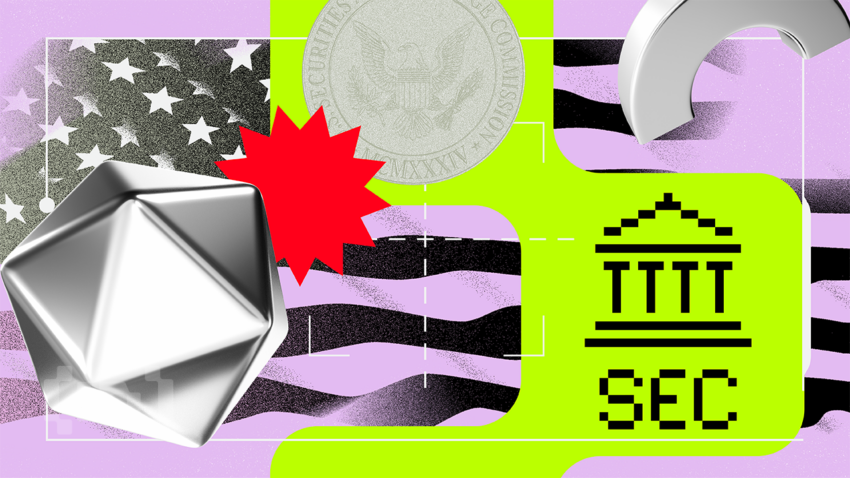According to crypto lawyer John Deaton, the outcome of a Jan. 30, 2022 hearing of LBRY’s Motion to Limit the SEC’s Remedies will set crucial precedents for the crypto industry in the U.S.
The motion comes after the SEC filed court documents requesting disgorgement from content distribution platform LBRY and a permanent injunction to restrict investor engagement with LBRY’s LBC token.
LBRY Hearing Crucial for Future SEC Actions
Crypto lawyer John Deaton says that the outcomes of the Jan. 30 hearing will affect crypto in several notable ways.
Firstly, Deaton questions whether the SEC wants to punish crypto by requesting that LBRY return all revenues from all LBC token sales instead of first deducting the organization’s business expenses and having them return the balance.
Closer scrutiny of the disgorgement claim also reveals a conflict with the SEC’s initial allegation that LBRY used all the funds raised from token sales to construct its platform.
The SEC won a case against LBRY in Nov. 2022 after accusing the platform of violating Section 5 of the Securities Act by offering its LBC token as an unregistered security. LBC is a utility token on the LBRY’s content network but also trades on several exchanges, including CoinEx and Bittrex.
Following the SEC’s win, LBRY is now seeking to limit the relief that the SEC can claim against it. The case is the second non-fraud matter where the SEC has sought disgorgement from the sales of unregistered securities. Disgorgement is essentially the return of any profits remaining after business expenses.
In the other non-fraud case, the SEC seeks disgorgement from Ripple Labs, a company it accuses of offering XRP as an unregistered security. The outcome of the LBRY hearing is likely to influence the court’s view of Ripple’s case and other “unregistered security” cases.
Additionally concerning is the SEC’s disgorgement claim against Odysee, a decentralized and allegedly insolvent video-sharing platform pioneered by LBRY’s creators. Odysee became a separate company in Oct. 2021.
Deaton argues that seeking disgorgement from an independent subsidiary of LBRY sets “a very bad precedent.”
The SEC also filed a permanent injunction to restrict engagement with LBRY unless LBC’s registration is forthcoming. Deaton argues that the injunction could extend the SEC’s reach into secondary markets, setting an alarming precedent for the industry.
SEC Riding on Earlier Win
Launched in 2016, LBRY sold 9.8 million LBC directly to the public and 44.1 million more through exchanges. It initially kept 400 million LBC for itself and set aside $100 million for donations to non-profits and non-government organizations. About $100 million was used to cover operating expenses.
When faced with SEC’s complaint, the organization said it told investors LBC’s value would increase with improvements to the platform. A judge dismissed LBRY’s claim that it was unaware of LBC’s investment potential and ruled that LBC was a security.
BeInCrypto reached out to Deaton on how the upcoming hearing will affect Ripple but has yet to receive a response.
For Be[In]Crypto’s latest Bitcoin (BTC) analysis, click here.
Disclaimer
In adherence to the Trust Project guidelines, BeInCrypto is committed to unbiased, transparent reporting. This news article aims to provide accurate, timely information. However, readers are advised to verify facts independently and consult with a professional before making any decisions based on this content. Please note that our Terms and Conditions, Privacy Policy, and Disclaimers have been updated.


